Science Ticker
A roundup of research and breaking news
Sign up for our newsletter
We summarize the week's scientific breakthroughs every Thursday.
-
 Environment
EnvironmentArtists’ sunsets may reveal past pollution
The colors artists used in the sunsets of their paintings may provide clues to what was circulating in the air hundreds of years ago.
-
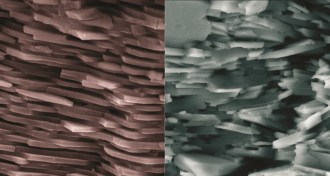 Materials Science
Materials SciencePearl coating inspires tougher ceramics
A material called mother of pearl, or nacre, has inspired the design of more durable, less brittle ceramics.
-
 Climate
ClimateNatural climate shifts affect sea level rise
A recent dip in the rate of sea level rise may be due to natural climate variability.
-
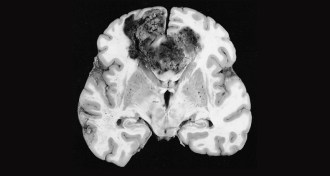 Health & Medicine
Health & MedicineSmall molecule makes brain cancer cells collapse and die
A small molecule, Vacquinol-1, may provide a different way to target and kill cells in glioblastomas, a type of brain tumor.
-
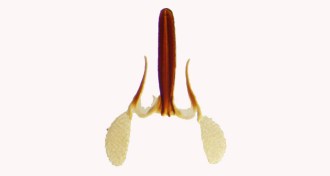 Plants
PlantsMilkweed ‘horns’ may equal wins in reproduction battle
Plants may be ripping a page right from bucks’ playbooks, developing hornlike weapons to improve their chances of reproduction.
-
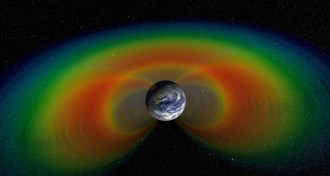 Planetary Science
Planetary ScienceHow Earth’s radiation belt gets its ‘stripes’
The rotation of the Earth may give the planet's inner radiation belt its zebralike stripes.
-
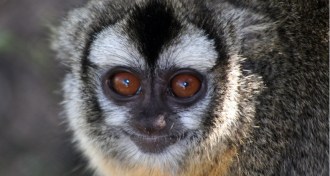 Animals
AnimalsOwl monkeys’ fidelity linked to males’ quality of parenting
The evolution of animals’ sexual fidelity is probably linked to the intensity of male care, the researchers suggest.
-
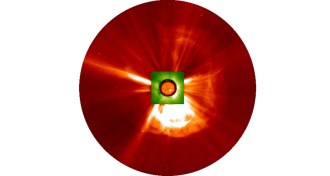 Astronomy
AstronomySun’s ejections collide to create extreme space storm
In July 2012, the sun shot off streams of charged particles and magnetic fields that collided to create a record-setting space storm.
-
 Psychology
PsychologyNewborns seem to relate space, time and numbers
Newborns zero to three days old seem to have the ability to relate the concepts of space, time and numbers of objects.
-
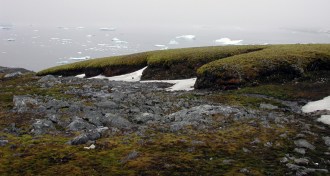 Plants
PlantsMoss still grows after 1,500-year deep freeze
After incubating slices of moss that have been frozen for 1,500 years, the plants began to grow again.
-
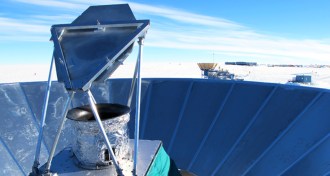 Cosmology
CosmologyFirst images of gravity waves, evidence of cosmic inflation reported
The first images of gravitational waves and the first direct evidence for cosmic inflation were announced March 17.
-
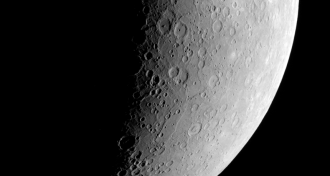 Planetary Science
Planetary ScienceMercury is more shriveled than originally thought
Like a week-old party balloon, Mercury has shrunk over the last 4.6 billion years.